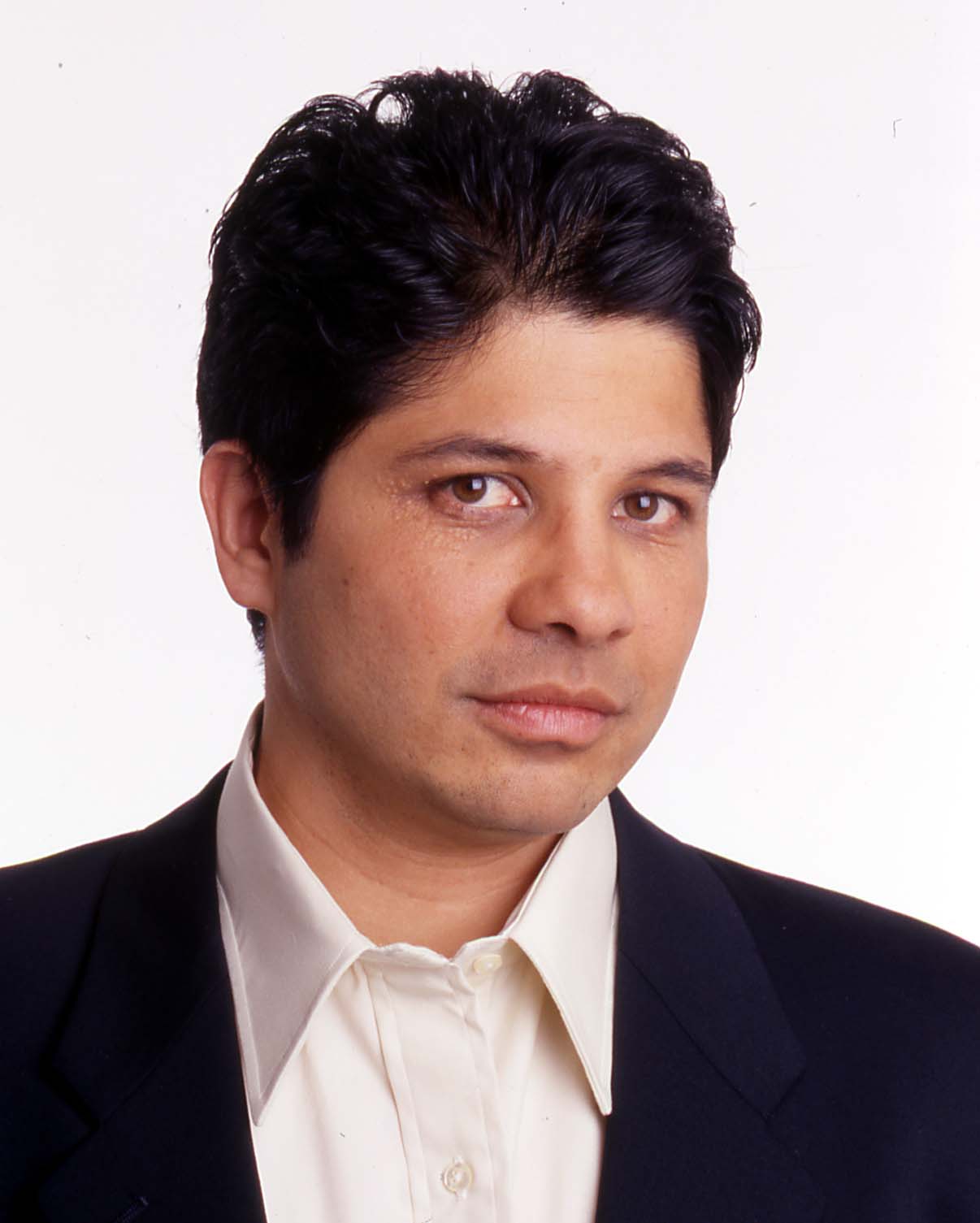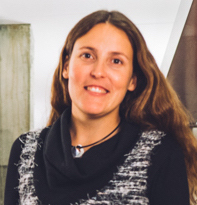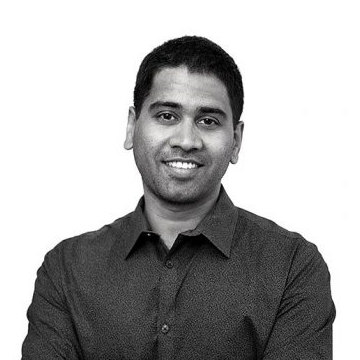This year, as part of the LIDS Student Conference, we will hold a panel discussion, entitled "The Relevance of Theoretical Research to Real-World Problems."
The panel will be held Friday, February 1, 2019, from 4:45 - 5:45 p.m. in MIT Stata Center, Room 32-141.

Abhay Parekh
Adjunct Professor, Department of Electrical Engineering and Computer Science
University of California, Berkeley
Abhay Parekh received a B.E.S. in Mathematical Sciences from Johns Hopkins University in 1983, an S.M. in Operations Research from the Sloan School of Management at MIT in 1985, and the Ph.D. in Electrical Engineering and Computer Science from MIT in 1992, where he was affiliated with the Laboratory for Information and Decision Systems. After obtaining his doctorate, he was a postdoc at the MIT Laboratory for Computer Sciences. Dr. Parekh has spent a number of years in industry (AT&T; Bell Laboratories, T. J. Watson Research Center IBM, Sun Microsystems, Inktomi), as an entrepreneur (FastForward Networks, Flowgram, and most recently Lytmus), as an investor (Accel Partners). Concurrently with his startup activities, he has been an Adjunct Professor in the EECS department at the University of California, Berkeley since 2003.

Devavrat Shah
Professor, Department of Electrical Engineering and Computer Science
Massachusetts Institute of Technology
Devavrat Shah is a Professor with the department of Electrical Engineering and Computer Science at Massachusetts Institute of Technology, a member of LIDS / IDSS and director of Statistics and Data Science Center. His current research interests are at the interface of Statistical Inference and Social Data Processing. His work has been recognized through prize paper awards in Machine Learning, Operations Research and Computer Science, as well as career prizes including 2010 Erlang prize from the INFORMS Applied Probability Society and 2008 ACM Sigmetrics Rising Star Award. He is a distinguished young alumni of his alma mater IIT Bombay.

Caroline Uhler
Henry L. and Grace Doherty Associate Professor, Department of EECS and IDSS
Massachusetts Institute of Technology
Caroline Uhler joined the MIT faculty in 2015 and is currently the Henry L. and Grace Doherty associate professor in the Department of Electrical Engineering and Computer Science and the Institute for Data, Systems, and Society. She holds an MSc in mathematics, a BSc in biology, and an MEd in high school mathematics education all from the University of Zurich. She obtained her PhD in statistics, with a designated emphasis in computational and genomic biology, from the University of California, Berkeley in 2011. She then spent a semester as a research fellow in the program on "Theoretical Foundations of Big Data Analysis" at the Simons Institute at UC Berkeley, postdoctoral positions at the Institute for Mathematics and its Applications at the University of Minnesota and at ETH Zurich, and 3 years as an assistant professor at IST Austria. She is a Sloan Research Fellow and an elected member of the International Statistical Institute, and she received an NSF Career Award, a Sofja Kovalevskaja Award from the Humboldt Foundation, and a START Award from the Austrian Science Foundation. Her research focuses on mathematical statistics and computational biology, in particular on graphical models and causal inference with applications to gene regulation.

Kalyan Veeramachaneni
Principal Research Scientist, Laboratory for Information and Decision Systems
Massachusetts Institute of Technology
Kalyan is a Principal Research Scientist in the Laboratory for Information and Decision Systems (LIDS, MIT). Previously he was a Research Scientist at CSAIL (CSAIL, MIT). His primary research interests are in machine learning and building large scale statistical models that enable discovery from large amounts of data. His research is at the intersection of Big data, machine learning and data science. He directs a research group called Data to AI in the new MIT Institute for Data Systems and Society (IDSS). The group is interested in Big data science and Machine learning, and is focussed on how to solve foundational issues preventing artificial intelligence and machine learning solutions to reach their full potential for societal applications.
 Massachusetts Institute of Technology
Massachusetts Institute of Technology